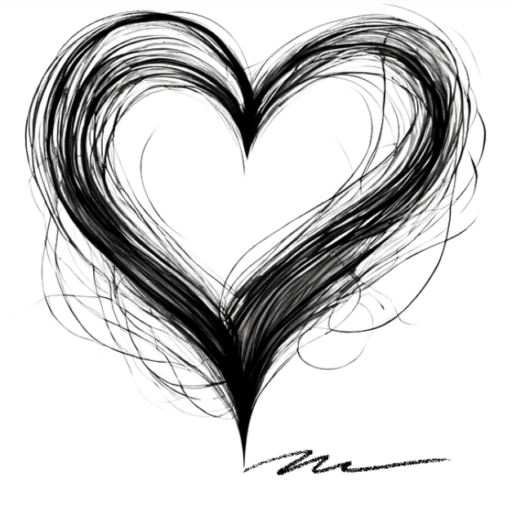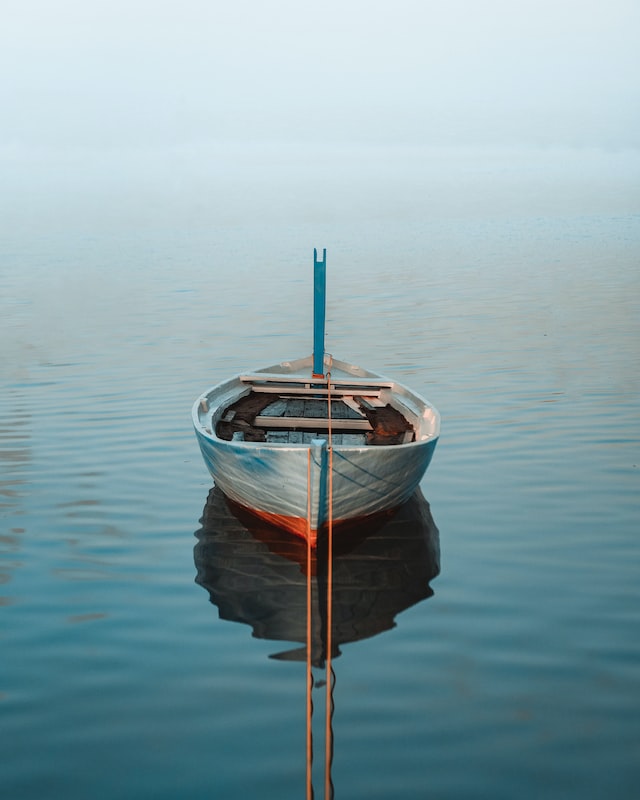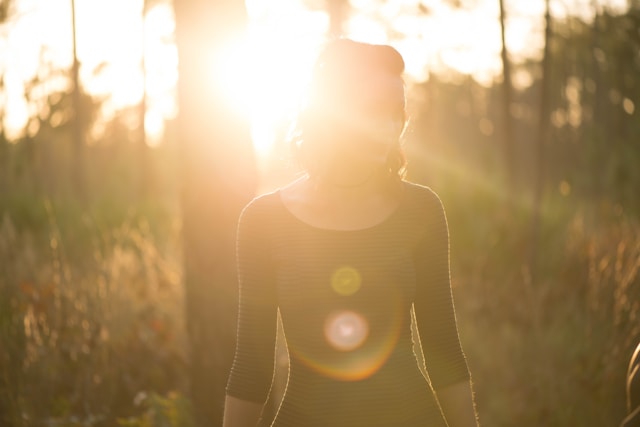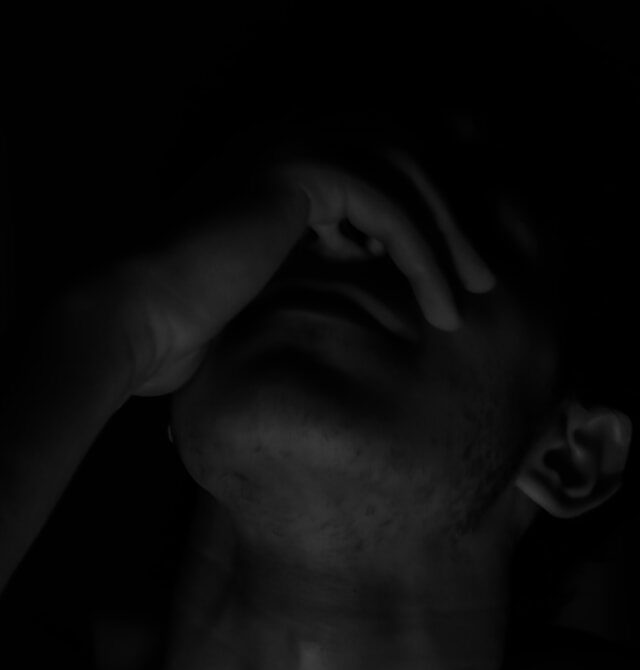The Back Cast
My father stands on the bow of the small flatboat, his eyes behind polarized glass peering into the deep blue water, hunting. Among anglers who sight-fish, my father’s position is called at the ready. He is rightly just that, ready to zero his gaze on a bonefish darting through the water like a shiny, silver torpedo, or one tailing in the white sand of the flat, feeding on worms and tiny crabs. Brightly colored fly line dangles down his left side into the boat waiting to be airborne, unfurling from an elegant arch to land the fly perfectly in front of a ravenous fish. I am seated in the middle of the craft, awaiting my turn, merely a spectator.
We’re just off the coast of Ambergris Cay, Belize, and it’s years before our falling out. And even farther away from our tenuous attempts at reconciliation. Even now, it’s not an active attempt that either of us acknowledge openly, more like two men, without speaking, trying to build something together with shaky hands and brittle blocks, the risk of catastrophic destruction always looming.
The guide of our boat skillfully and silently uses a long wooden pole to glide us through the water, moving brown hands, leathery from the Caribbean sun, one over the other, inserting the pole into the shallows and driving it deep into the sand. We don’t know it in that moment, but the pole was handmade by our guide’s father and passed down to him, ritualistically on his eighteenth birthday. Suddenly the guide spots them. Twenty-five yards away, to the port side, the water rumbles. Fish! 25 yards! 9 o’clock!, the guide shouts. My father doesn’t yet have a target, but begins his cast anyway. The guides are never wrong.
Before leaving that morning, as we loaded the boat with gear and coolers in the pink, purplish light of the awakening sun, my father had asked me about my marriage. It’s great, I’d said, and I was telling the truth, for the most part. What I didn’t tell him was that I suspected an unspoken deadline was approaching. The question of children. All through college I’d claimed not to want them, but my girlfriend, now wife, had never taken me seriously. That was nearly a decade ago and I sensed, even within myself, the need for finality of our future. How could I know, years later, it would be our first child that would drive a wedge between my father and me.
My father, holding the fluorescent green line in his left hand, gives a small tug as he draws the rod back, keeping his elbow tucked in, and his forearm rigid. The tug on the line, double-hauling, accelerates the line’s speed, subsequently increasing the distance you can cast it. He pulls again with the left hand as he pushes the rod forward, the line unfurls from its semi-oval shape and straightens out in front of him. He continues this rhythm, back, the line oblong behind him and forward, the line rocketing forward, waiting to be unleashed.
Suddenly my father spots his mark. I know it because his gaze changes from scanning the water to a fixed stare at a particular point. He’s locked on and now shifts his body slightly, readying for the delivery. The marksman has his quarry and now must control his excited anticipation lest he release too early, setting the fly too far away to be attractive, or too late, sending line atop the fish, spooking it away.
Bonefish are strong, fast, and nervous. My own heart begins racing as I see, for the first time ever, an entire school of them, at least a hundred strong, hurtling toward us. The water, a large swarth of it, ripples from the flicking of the muscular fish as they, like a squadron of fighter jets, fly at us in formation. A large fish leads the school and that’s the one my father has set upon. That lead fish suddenly senses the presence of the boat and veers at an inconceivably sharp angle away from us, moving even faster. In an instant he is passing by the bow of our boat and this move, it appears, has thrown off my father’s timing. He was just about to release his cast forward, but the fish has out- maneuvered it and blown past. My father doesn’t panic. Instead he tugs the line, brings the rod backwards and releases. It’s a back cast and a well-placed one. The bonefish takes the fly and my father spins around, strips the line, and sets the hook. What happens next is the reason we fish.
The whirring, screeching, screaming of the line. The fish runs for a hundred and fifty feet and that wonderful sound, to our ears, is a melodious ballad we never tire of.
They say time heals all wounds and I’m a witness to the cliche’s veracity. But why? Over the years as my father and I have precariously rebuilt our relationship I’ve wondered about it. And while the new skin over our wounds is still delicate as paper, I believe it’s there simply because of the way, deep within my core, I perceive him.
When I think of my father, despite everything that happened, the only image that really stands out in my mind is that beautiful, dancelike moment on the bow of the boat. It was elegantly sublime how man, rod, and line became one. How his determination for the fish overcame all obstacles and he, in an instant, found a way.
What I don’t know, and may never know, is what image of me, when time strips everything away, my father holds of me.

Besides his aspirations for storytelling, RA Haskell is a father, a husband, a runner, a U2 fanatic, and a lover of single malt scotch. He has a worldly perspective having flown over one million miles and visited more than a dozen countries.



